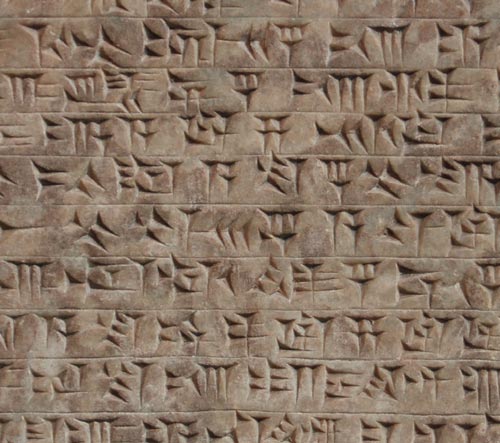Dr Ronald van der Bergh in the Department of Ancient Languages and Cultures is an acclaimed expert in ancient Mediterranean scripts. He received a Y1 rating from the National Research Foundation in 2015 and is currently the co-chair of the steering committee of the Working with Biblical Manuscripts (Textual Criticism) Programme Unit of the International Meeting of the Society of Biblical Literature.
Dr Van der Bergh’s research interest is in textual criticism of the New Testament, narratology (the study of narrative and narrative structure), and the writings of the early church. His research focuses on how scribal practices influenced the transmission of ancient Mediterranean texts, especially the use and reuse of texts from the Hebrew Bible in the New Testament, with a narrower focus on the Acts of the Apostles. An intersecting point of his research interests is the study of the reception of biblical texts as they are found in the New Testament manuscripts. These manuscripts provide physical evidence of how biblical texts were received in late antiquity. The investigation of scribal practices includes analyses of manuscripts, specifically how the narratives contained in these manuscripts were interpreted and read by the scribes who produced them. The way in which these narratives were read can be seen in the physical attributes of the manuscripts, for example in the paragraph divisions or notes in margins.
The subject of his doctorate was the textual tradition of Old Testament quotations in the Acts of the Apostles in a specific New Testament manuscript, Codex Bezae Cantabrigiensis. His article on explicit quotations of Isaiah in the Acts of the Apostles as they are found in this manuscript was published in Novum Testamentum in 2015, an international quarterly for New Testament and related studies published by Brill in the Netherlands. The article investigates the textual history of the quotations and the degree of ‘Old Testament awareness’ shown in these quotations. He defines the concept of ‘Old Testament awareness’ as the degree to which a New Testament tradition, at any stage of its transmission history, is aware of a quotation stemming from the Old Testament.

